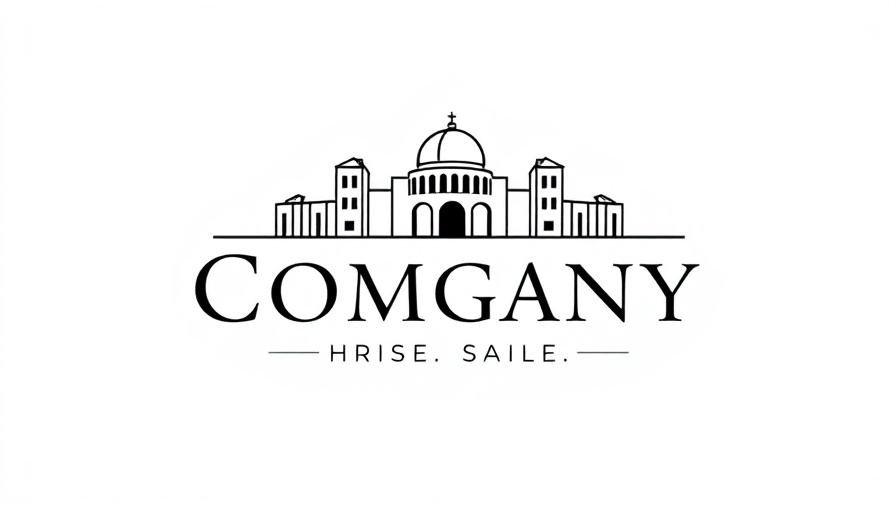
Harnessing Solar Power: The Key to Energy Independence
Nigeria faces a daunting energy crisis, with around 85 million citizens lacking access to reliable electricity. As many households depend on diesel generators, the need for a sustainable alternative has become paramount. Recognizing this gap, Citihomes Finance Company has rolled out the Citihomes Clean Energy Loan, a financial solution aimed at accelerating solar energy adoption across the country.
Understanding the Citihomes Clean Energy Loan
The loan is tailored for both individuals and businesses ready to make the shift to renewable energy sources. By eliminating upfront costs, Citihomes offers accessible repayment plans that range from 180 days to two years and include competitive pricing. With flexible payment structures, the loan is designed to cover 33.3% of a customer's net monthly income, making solar solutions more financially manageable for everyday Nigerians.
Why Clean Energy Matters for Nigeria's Future
This loan initiative arrives at a crucial time as the repercussions of unreliable power supply stifle economic activity. According to Citihomes' Managing Director Solomon Nathaneal, the significant costs associated with solar installation have deterred many potential users. By tackling this financial barrier, the Clean Energy Loan serves as a stepping stone towards embracing a cleaner energy future, unlocking new possibilities for innovation and economic growth.
Innovating Financing Solutions for a Sustainable Tomorrow
Citihomes’ initiative represents more than just a loan; it signifies a burgeoning shift toward renewable energy in Nigeria. This model of financing may inspire other startups and fintech companies to create similar solutions, aiding countries in the region that seek energy independence and sustainability. As solar energy becomes more accessible, Nigeria has the potential to reduce its reliance on fossil fuels significantly.
Empowerment Through Financial Tools
The introduction of the Citihomes Clean Energy Loan is a significant stride towards providing financial inclusion while enhancing energy access. By making clean energy solutions easier to obtain, Citihomes not only aims to improve individual households but also to drive national productivity and economic advancement. As Nigeria’s energy landscape shifts, innovative financing like this could pave the way for sustainable, tech-driven changes.
Looking Ahead: The Future of Solar in Africa
As we look to the future, the potential of solar energy in Africa is vast. With initiatives like the Citihomes Clean Energy Loan, renewable energy could play a pivotal role in transforming lives and economies across the continent. Tech entrepreneurs and investors alike should consider how such innovations can be scaled, potentially leading to a cleaner, greener Africa that embraces its rich solar resources.
For those thinking about making a transition to more sustainable energy practices or exploring investment opportunities in this sector, now is the perfect time to engage with initiatives pushing innovative solutions forward.
 Add Row
Add Row  Add
Add 


Write A Comment